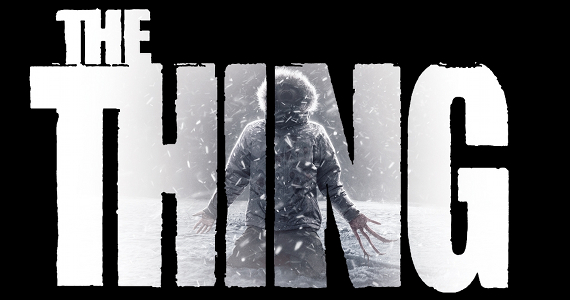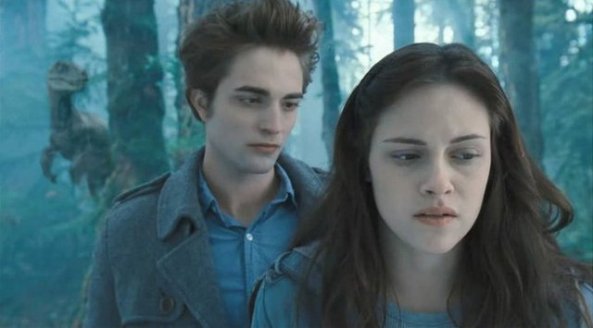After some thought, I’ve decided that all reviews of current media should be kept as spoiler-free as possible. My definition of current, in this case, is something that has come out within the last two years. What this means for my posting is that I’ll be relatively vague when discussing the story; if I absolutely have to mention something specific, I will warn for it and possibly use rot13 if I think it’s major enough. (I will probably do this for major spoilers in other works as well, depending on how well-known the work and/or spoiler is. For example, “Rosebud was his sled”/”Soylent Green is people!”/”Luke, I am your father”-type spoilers aren’t really a problem, but discussing who dies in George R. R. Martin’s A Song of Ice and Fire series is definitely something I would warn for.) Also, the “in theaters” tag is meant to mark posts where I’m discussing a movie I’ve just seen. Even allowing for the spoiler-free policy, these reviews are going to be less in-depth than others simply because I’m going off my first impressions, and I can’t go back and double-check things like I would be able to if the film was out on DVD. With all this in mind, let’s dive in to the first “In Theaters” review – the 2011 version of The Thing, directed by Matthjis van Heijningen Jr.
It’s important to note that this is not a remake of the 1982 film, also titled The Thing. It is a prequel, which shows the origins of the titular Thing and sets up the basis for the original film. From what I remember of the original film (hey, it’s been a few years), the format is pretty similar: the creature is somehow brought into an isolated group of humans, transforms, attacks the humans, and spends the rest of the movie disguising itself as one of them and picking them off one by one. Both movies manage to pick up on the paranoia of the characters incredibly well. I had my suspicions about who the Thing was imitating, and I was right a few times, but just as often I was either way off-base or completely stumped. Story-wise, it does suffer a bit from the problems all prequels have, in that if you have seen the original, you already know how the story will end. It’s not quite as bad as it could be, since there is a completely different cast of characters in each film, but if you’ve seen the 1982 film then you’ve got a good idea of what happens.
The special effects were well done, but there were a few points where it was incredibly obvious and looked kind of goofy, usually when the Thing was out in the open. I don’t think it helped that the monster was revealed fairly early on. Its appearance changes throughout the film, but in my opinion nothing beats the drawn-out reveal, with the creature hiding in the shadows, only appearing once the tension has mounted as high as it will go. It was well designed, however, and incredibly creepy.
It’s also interesting to note the technology used in the current film; in her introductory scene, the main character, Kate, is shown listening to earbuds (which weren’t introduced until 1990). We’re not shown the device, and she’s at least listening to music appropriate for the period (Who Can It Be Now? by Men At Work, which was released in 1981), but it’s a little jarring to see recent technology crop up. I didn’t notice any other obvious mistakes, but to be honest everything looked shiny and new to me anyway thanks to the more modern film-making techniques.
I was amused by the few IMDB reviews I read, including one written by a fan of the original that railed against the inclusion of female characters:
At the risk of sounding sexist, I’ll state outright that casting a young woman as the main protagonist was a major mistake. The 1982 film was unique in that the cast was populated by a bunch of grizzled, old character actors. By including women, we lose a lot of the subtext afforded by the all male cast in Carpenter’s version. Also, the film asks us to stretch our disbelief by wanting us to accept a group of Norwegians, already reluctant to bring anyone else in on their discovery, are willing to bring in a young American woman to help. Opening up the story outside of Antartica at its very beginning also brings us away from the sense of isolation so thick in the 1982 film.
Sorry dude, all I’m hearing is “WAAAH, they let smelly girls into my all-boys club!”
All in all, I thought it was a good movie. It’s got some jump scares, some of which are rather predictable, but it’s a great horror movie. (Best of all, no ham-fisted romantic subplot! Yaaay!) I would definitely recommend the original over the prequel (and highly encourage you to watch the 1982 version first), but 2011’s The Thing is not only not a modernized remake that sacrifices character development and plot for prettier effects, it’s an enjoyable popcorn flick.

